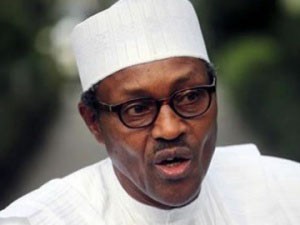JOHANNESBURG, (Reuters) – The Nigerian government’s ambitions for improving electricity supplies are “not remotely realistic”, a report by experts advising the presidency says, an early blow to one of President Muhammadu Buhari’s most important reform promises.

Chronic power shortages are one of the biggest constraints on investment and growth in Africa’s largest economy. Fixing the problem was one of the key battlegrounds during campaigning ahead of a presidential election Buhari won in March.
Buhari, 72, and his opponent Goodluck Jonathan both promised to massively increase power supplies, building on a relatively successful $2.5 billion partial privatisation in 2013. Buhari’s All Progressives Congress pledged in its manifesto to increase supplies from 3,600 megawatts (MW) currently to 20,000 MW within four years and 50,000 MW within ten years, which would meet the demands of Nigeria’s 170 million people.
However, reaching 20,000 MW by 2020 is “not even remotely realistic” and “setting unrealistic targets dilutes discipline”, according to a 54-page report entitled “The Energy Blueprint” obtained by Reuters.
A spokesman for Buhari said he had not seen the report, which is being produced for the government by power industry experts, but he said the government’s energy policy was still being put together.
Asked whether the government would adopt the targets in the manifesto, Femi Adesina said: “We need to wait until the policy on energy has been unfolded.”
The paper says Nigeria could produce 6,500 MW by 2020, which would mean matching India’s supply growth of 7 percent.
This could rise to 8,500 MW if Nigeria could equal China’s 14 percent electricity output growth.
Even these targets will require quick action on multiple reforms and billions of dollars of investment, it said.





